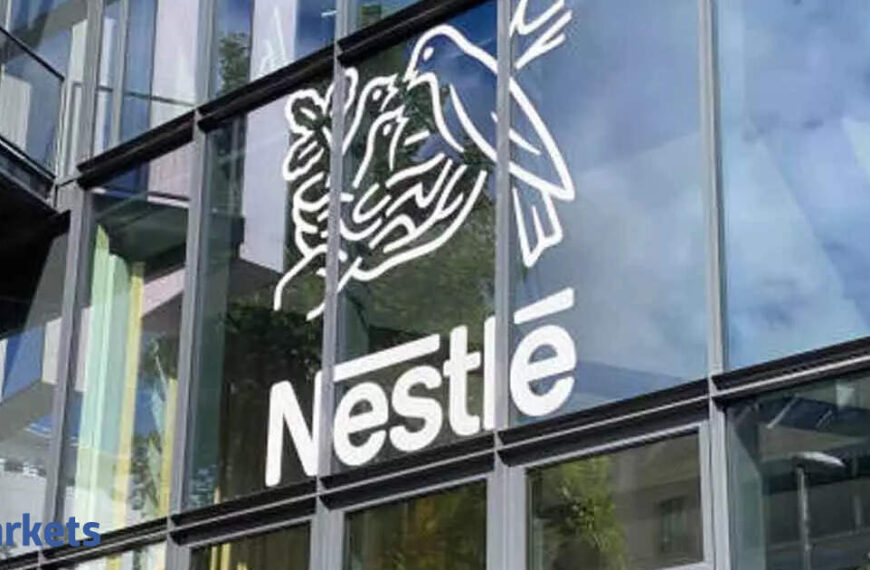The transaction involving 3.6% equity was said to be valued around Rs 7,7OO crore, according to reports. Following the large block deal, Asian Paints shares rose over 2% to Rs 2,263.95 on BSE.
The details of the buyer and seller were not immediately known, but there is a rumour in the market that Reliance Industries, which owns a 4.9% stake in Asian Paints through its investment arm Ojasvi Trading might have been the seller.
Also Read | 2,000% profit! Mukesh Ambani to make Rs 10,000 crore gain if he sells this bluechip stock
About a month ago, ET had reported that RIL has revived plans to sell its entire 4.9% stake in Asian Paints, nearly two decades after buying in.
RIL had picked up the stake at an investment of just Rs 500 crore in January 2008, right when markets were in a tailspin amid the global financial crisis and the collapse of Lehman Brothers.
Asian Paints shares have shed 17% over the past three years, making it one of the worst-performing blue-chip stocks in that period. Its once-impregnable fortress is now under siege — notably from Birla Opus Paints, a new entrant backed by the Aditya Birla Group.
According to Elara Securities, Asian Paints’ market share has fallen from 59% to 52% in FY25. The erosion is stark, and it’s happening fast.
“We strongly believe that as a brand we need to take calibrated action to ensure that we tackle the competition in a more sustainable way,” Asian Paints CEO Amit Syngle told investors recently.
But headwinds abound. The company has posted muted revenue growth for four straight quarters, citing sluggish urban demand and an early Diwali. More concerning is the margin pressure. Despite lower raw material costs, higher rebates and increased competition have shrunk gross margins year-on-year.
Brokerages have taken note. Nuvama recently cut its FY26-FY27 earnings estimates for Asian Paints by 6-8%, forecasting a modest 7.2% EPS CAGR through FY28. It also slashed the target price to Rs 2,200, keeping its rating neutral and assigning a valuation of 45x forward earnings — a notable 20% discount to the stock’s 10-year average.
This isn’t the first time Ambani has flirted with an exit. Five years ago, Reliance had considered selling the stake ahead of its massive rights issue, as part of a broader deleveraging strategy following Jio’s capex-heavy rollout. That plan never materialized.















